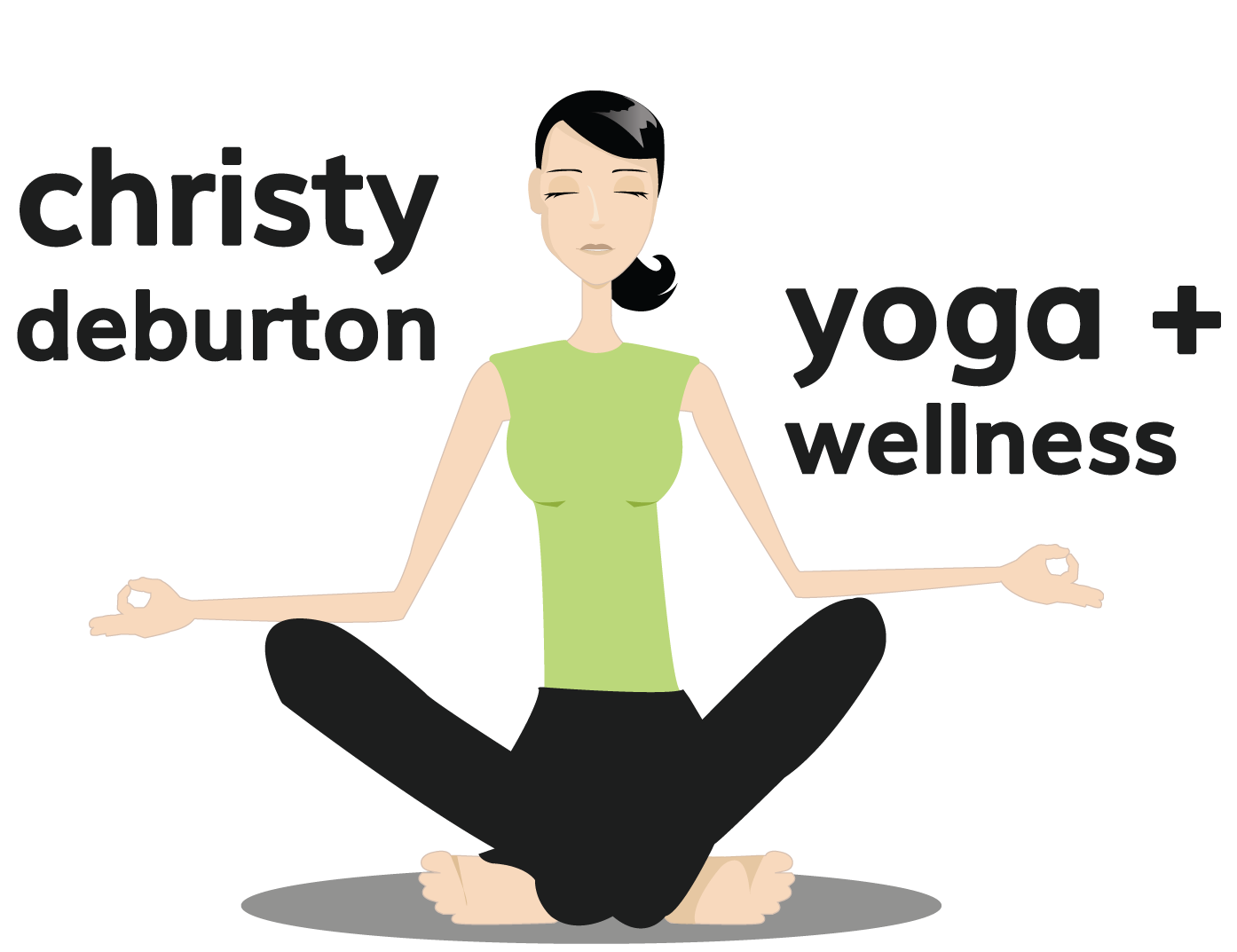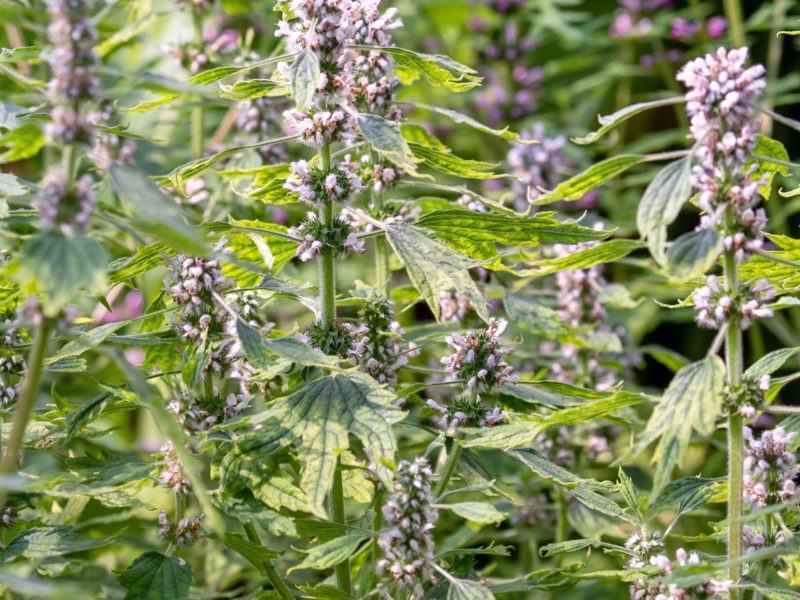As I mentioned in my previous post about nutrition tips for (peri)menopause, I am a natural health enthusiast. I’ve taken good care of my body for as long as I can remember, and that includes taking supplements and herbs. (I strongly believe in not popping prescription pills unless I absolutely have to.) So when I started perimenopause, of course those were the first things I turned to hoping to alleviate some of the symptoms I was experiencing. In this second in a series of 5 blog posts with lifestyle changes you can make to help you sail through (peri)menopause a little easier I discuss just a few of the dozen herbs and supplements I experimented with and write about in my Ultimate Perimenopause Guide. Please note: I am not making any individual recommendations here. Do your own homework (including discussing herbs and supplements with your health-care practitioner as they may interact with medications you take) and know that not every supplement and herb is going to work the same for everybody. And better than supplements, just try to get these vitamins and nutrients from whole foods and lifestyle changes first!
Chaste Berry (also known as Vitex or Chaste Tree) This is a well-recognized herbal supplement often used to treat menstrual issues and PMS. It can increase the progesterone levels in your body to help you combat symptoms of estrogen dominance (much more about this in my Guide). I took it as a tincture early in perimenopause, which did seem to help with mood swings.
Motherwort I talked to a fellow gardener a couple years back who said that plants come into your life for a reason. Shortly before that, I had started noticing a very interesting-looking wildflower growing in my yard. I learned it was motherwort, and one of my plant books said it is used for the heart as well as the uterus. Sure enough, another book mentioned it being a phytoestrogen, and good for heart palpitations associated with (peri)menopause. It also claims to help with hot flashes, vaginal lubrication, cramps PMS, mood swings, stress and anxiety. I take the tincture before I go to bed at night for heart palpitations and hot flashes, and I do think it helps.
Vitamin B6 Vitamin B6 is essential for the production of progesterone, which has a calming effect on your body. That’s why it’s been part of my supplement regimen for years. It also helps your liver break down estrogen. Therefore, it could be a good supplement to take if you have estrogen dominance. Besides supplement form, B6 can be found in foods such as walnuts, bananas, leafy greens and beans.
There are many other helpful herbs and supplements I experimented with and write about in my Ultimate Perimenopause Guide ($19 for a limited time!) that can help you alleviate your (peri)menopausal symptoms naturally. This is the 2nd in a series of 5 blog posts with lifestyle changes I recommend making for (peri)menopause. You can find my four other blog posts here: Sleep; Yoga + Exercise; Self-Care; and Nutrition.


 Thoughts From Our First Ann Arbor HSP Empowerment Group Gathering
Thoughts From Our First Ann Arbor HSP Empowerment Group Gathering